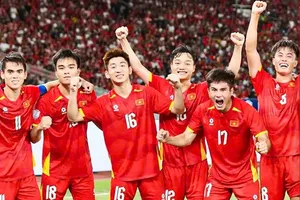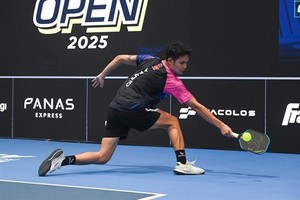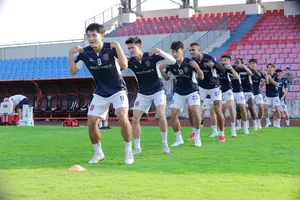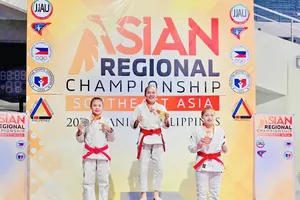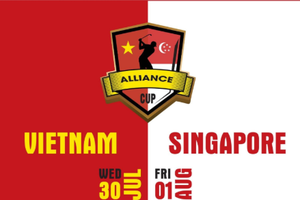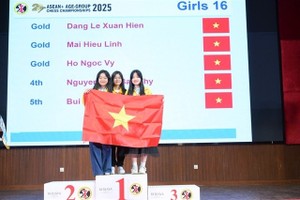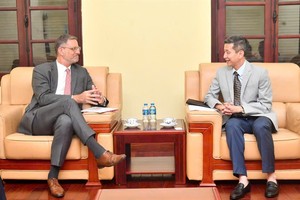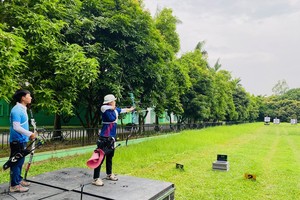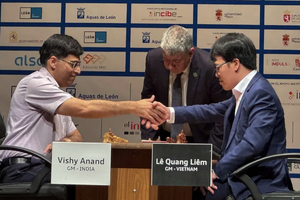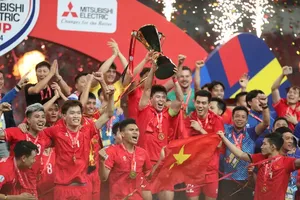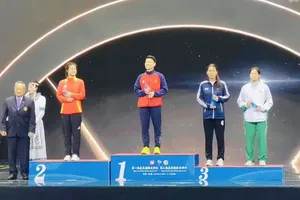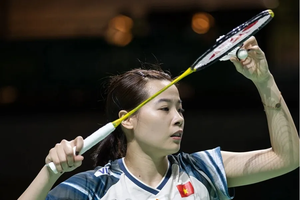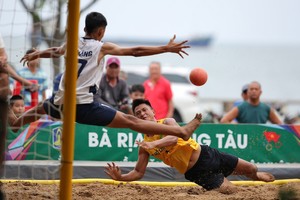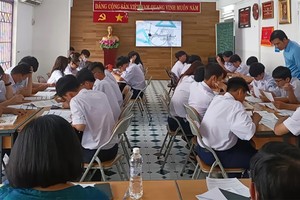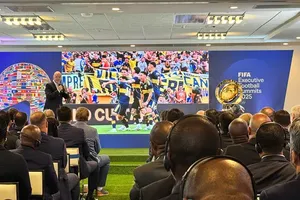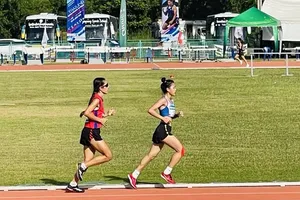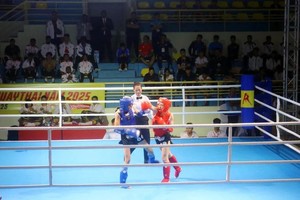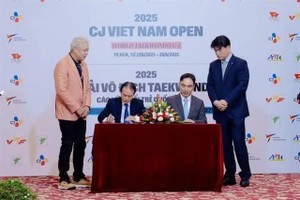SYDNEY, July 31, 2011 (AFP) - Reigning Asian champions Japan were grouped with North Korea, while Australia and Saudi Arabia came out together in penultimate qualifying for the 2014 World Cup after this weekend's draw.
Japan, Asia's top-ranked nation at 16, were Saturday placed in Group C along with Uzbekistan, Syria and North Korea, who went to last year's World Cup finals in South Africa.
Australia, now under German coach Holger Osieck and the second-ranked Asian team, will battle with four-time World Cup qualifiers Saudi, Oman and Thailand to progress to the final qualifying phase from Group D.
South Korea, who reached the last 16 in South Africa, are in Group B alongside Kuwait, Lebanon and the United Arab Emirates, while China and Iraq head Group A along with Jordan and Singapore.
Bidding to qualify for a fourth finals, Iran are up against Bahrain, 2022 hosts Qatar and Indonesia in a competitive Group E.
Japan won the Asian Cup final against Australia in extra time earlier this year and have plenty of young European-based talent, including Yuto Nagatomo, Shinji Kagawa and Keisuke Honda.
"Our group may seem a difficult group but they are opponents whom we must play sooner or later on our way to the World Cup finals. So we will just go for it," said the Blue Samurai's Italian coach Alberto Zaccheroni.
"We are the Asian champions, so our opponents will be doing their homework and come at us firing on all cylinders but we will just focus on each and every match."
Japan could be tested by North Korea, who ran Brazil close before exiting last year's finals in the first round.
"We will definitely advance along with Japan from the group stage," North Korea striker Jong Tae-Se, a Japan-born ethnic Korean, said on his blog.
"After all, isn't it strange that we always end up in a group of death in any (major) tournament."
Borussia Dortmund midfielder Shinji Kagawa said: "We don't care who our opponents are. Fighting in Asia is tough in a unique way.
"There are times when we lose to lower-ranked sides. We will seriously take one match at a time."
Hiromi Hara, technical director of the Japan Football Association, said an early concern was where to stage Japan's qualifier in restive Syria.
"We want to consult the foreign ministry about our match away in Syria where the political situation is uncertain," Hara said.
Australia, who missed out on the second round in South Africa on goal difference, will be bidding for a third successive finals with their main rivals looming as the Saudis, who were denied qualifying for last year's by North Korea.
The lavishly funded Saudis have turned to former Dutch national coach Frank Rijkaard hoping for an upturn in their football fortunes.
"Saudi look pretty strong to me but you never know where you stand with a team like Oman and even Thailand," Osieck told reporters on Sunday.
"They all have international coaches, Rijkaard at Saudi, Paul Le Guen at Oman and Winfried Schaefer in Thailand, so they will try to introduce their success into their teams."
Osieck said he welcomed kicking off the Socceroos' campaign against Thailand at home on September 2 before facing Saudi Arabia away four days later.
"I'm a massive fan of all three countries and I respect them a lot," said Australian star Tim Cahill. "It's going to be tough. Football in Asia is growing rapidly."
The top two nations from each of the five groups go through to the next round.
The 10 surviving teams are then split into two groups of five, with the leading two nations in each progressing to the finals in Brazil.
The two third-placed teams will play off for the right to contest the intercontinental playoff against the fifth-placed nation in South American qualifying.
